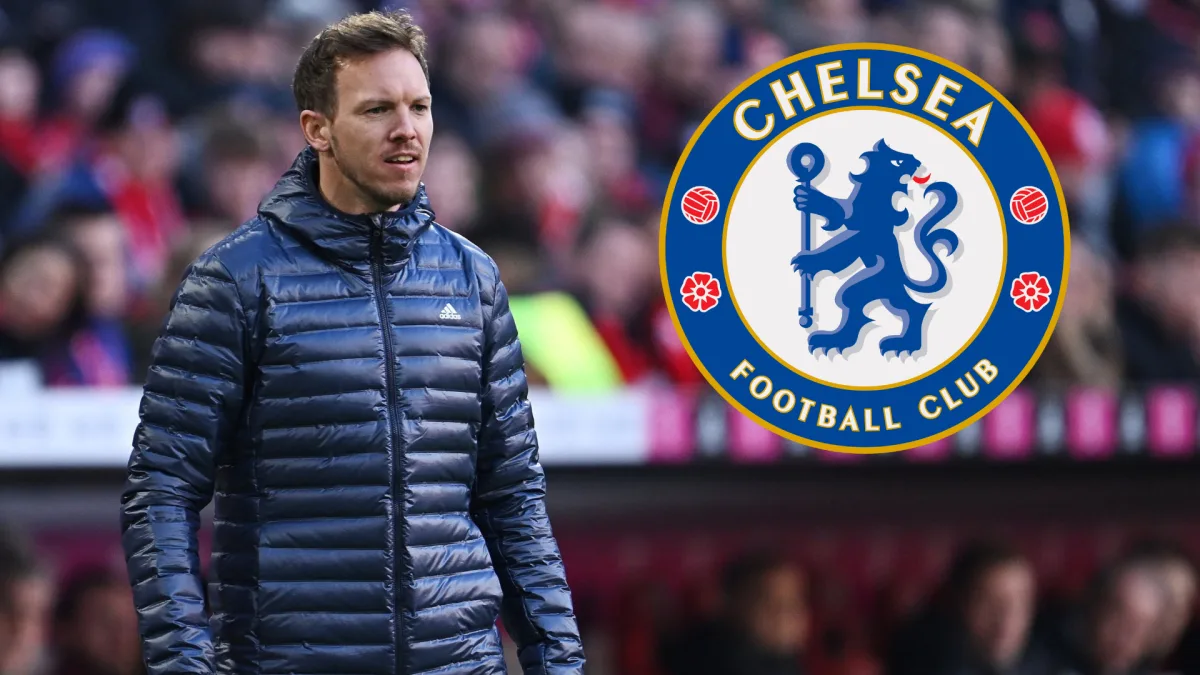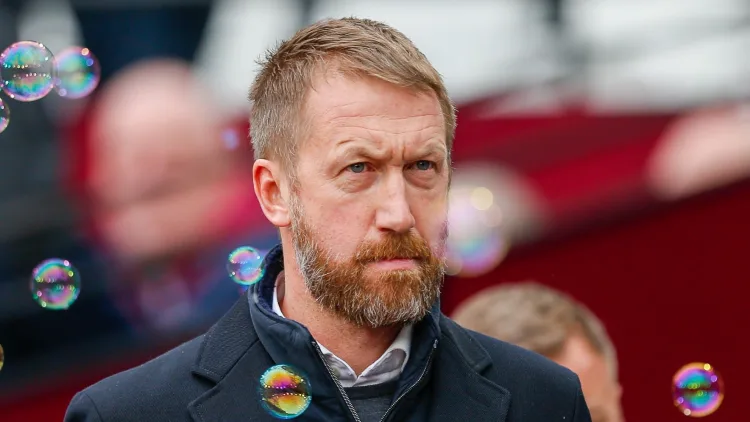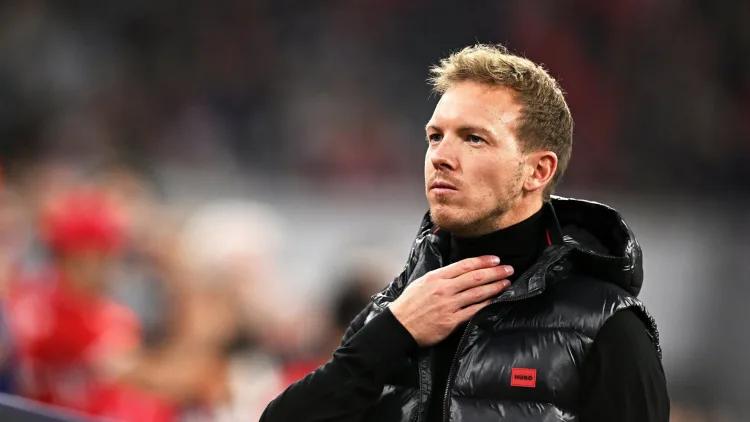-
FEATURE
- 17 hours ago
Why Julian Nagelsmann is not the solution to Chelsea’s problems

Chelsea’s new ownership regime promised they would be different to their predecessors, and they have lived up to that so far – just not in the way most would have expected.
Under Roman Abramovich, the club had built up a reputation for being incredibly trigger-happy when it came to chopping and changing managers, yet he never sacked two managers in the same season. Chelsea have done so now, with Graham Potter tracing Thomas Tuchel’s steps to the exit door just seven months after taking charge.
Naturally, this has sparked a lot of debate and discussion about whether sacking Potter was the right decision. From a purely result-based perspective, there can be no doubts about the fact that Chelsea are massively underperforming this season, relative to both their squad quality and the amount of financial investment that has been made.
READ MORE: What football managers have been sacked this season?
For a club that has finished in the top four in each of the last four seasons to suddenly disappear from the top half of the table is a pretty big shock, and certainly a sign that something is wrong. The question is whether the manager is among the chief culprits.
Potter could definitely have done better at Chelsea, but how many mistakes did he make? As we explored about a month ago, the situation that the ex-Brighton manager found himself in was so unique and unprecedented that it was foolish to harbour high hopes for this season
Between the fact that he was parachuted in during an incredibly busy fixture schedule and had an excessively large squad with half of the first team effectively reset in the winter transfer window meant that he was operating in terribly difficult circumstances.
If anything, it can be argued that progressing to the Champions League quarter-finals was a noteworthy success. Yes, it was followed by disappointing results in the league, but surely Chelsea must accept that their domestic season has to be written off at this point. Performance-wise, they slowly seemed to be getting better after the turn of the year, so it would have been wise to give Potter more time.

Either way, that is all water under the bridge now because Potter has been dismissed. Bruno Saltor has taken over on an interim basis, but Chelsea are said to be keen to hire a permanent replacement quite quickly. Among the frontrunners is Julian Nagelsmann, who himself was recently dismissed from a high-profile job at Bayern Munich.
Chelsea fans generally seem to be positive about bringing him in, but if the last few months are anything to go by, it is quite clear that he is not the solution to their problems.
Similarities between Potter and Nagelsmann
The simplest line of reasoning is that the young German manager is quite similar to Potter in many ways. Given the fact that the Englishman’s appointment did not exactly work out as anyone would have liked, it is not a stretch to say Nagelsmann might meet a similar fate.
Of course, reality is going to be a little more nuanced than that. But first, let us quickly examine the similarities between Nagelsmann and Potter.
First of all, their preferred playing styles are very similar. Both implement possession-based games, which is why their teams have kept around 60% of possession on average this season. They have clear ideas of how they want their teams to build out from the back, but are also quite flexible.
In their previous jobs at clubs of relatively lower stature, both of them established reputations as astute tacticians thanks to their tendency to switch formations and game plans from match to match in order to adapt to the opposition. In their most recent roles, though, they both seem to have learnt the importance of continuity and stability at big clubs, cutting down on their tinkering severely.
Generally, both Nagelsmann and Potter tended to have pretty set game plans where every player was given clear instructions about their roles and responsibilities. In their latest jobs, though, they both dabbled with affording their players a lot more freedom – Nagelsmann in the first half of this season, and Potter after the turn of the year.
The similarities continue beyond the pitch too. Although there is a 12-year age gap between the pair, both were seen as the best young managerial prospects in their respective countries when they started to rise to prominence (and still are, depending on your definition of young in the case of Potter).
The big question mark surrounding both after their recent dismissals is quite similar as well. Besides the poor results at Chelsea, a major criticism levelled at Potter was that his calm demeanour and personality were not suited to the club. There were questions about how much authority he held in the dressing room, though the environment was never portrayed as toxic in any way.
The story of Nagelsmann at Bayern is quite similar. Following his departure, reports have emerged stating that the board found him to be “too friendly” with the players, again leading to a perceived loss of authority and control. Of course, it is impossible to tell how accurate these reports are from the outside, but it is quite interesting that they are so similar for both Nagelsmann and Potter.

Chelsea’s real problems
As we explored previously in our piece focusing on Potter, the real problems at Chelsea lie above the manager. Their transfer business in the last two windows has been quite questionable and they have thrown all principles of squad management right out of the window, so the environment created made the manager’s job unnecessarily difficult.
If they do end up hiring Nagelsmann, the 35-year-old German will hope to have assurances that the squad will be cleared up over the summer and that Chelsea’s transfer policy will become more sensible going forward. A repeat of this season’s spending is unlikely, but Chelsea must learn to stop hoarding every good player on the market.
In such a case, Nagelsmann is quite likely to have a successful tenure. There can be no doubts cast over his managerial credentials, and given the fact that he would be coming in during the month of April, he will surely be given a free pass till the end of the season. Then, with a couple of months of pre-season to work with, he is sure to familiarise the squad with the way he wants them to play and get them clicking.
The trouble is, Potter might easily have done the same thing had Chelsea been a little more sensible around his appointment and given him some more time.



















